Is Hardwood Flooring Really Better Than Laminate Flooring? Unveiling the Facts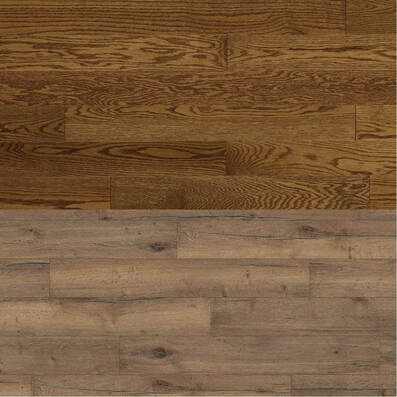 hardwood flooring and laminate flooring samples side by side hardwood flooring and laminate flooring samples side by side Choosing the right flooring for your home is a significant decision that impacts not only the aesthetics but also the functionality and value of your space. One of the most debated topics in this realm is the choice between hardwood and laminate flooring. This article aims to settle the debate by providing an in-depth comparison, helping you make an informed decision. Contact us if you're looking for personalized advice on flooring options. The Basics: Hardwood vs. LaminateHardwood Flooring Hardwood is a natural material made from a single piece of wood, often sourced from trees like oak, maple, or cherry. It's renowned for its durability and can be refinished multiple times to extend its lifespan. Laminate Flooring Laminate, on the other hand, is a synthetic material made from multiple layers. While it mimics the appearance of wood, it doesn't offer the same level of durability. However, it is often more affordable and easier to install. Durability and Longevity
Aesthetic Appeal
Cost Comparison
Maintenance and CareThe level of maintenance required for your flooring can influence your overall satisfaction and long-term costs. Here's how hardwood and laminate compare. Hardwood Floors: Regular Upkeep for Longevity Hardwood floors require consistent care, including periodic sanding and refinishing. However, the effort is often worth it, as proper maintenance can extend the life of your hardwood floors. Laminate Flooring: Easy and Effortless Laminate flooring is generally easier to maintain, requiring just regular sweeping and occasional mopping. If you're looking for a low-maintenance option, laminate could be your go-to choice. Environmental ImpactAs sustainability becomes more important, understanding the environmental impact of your flooring choice is crucial. Hardwood Flooring: Renewable but Resource-Intensive Hardwood is a natural, renewable material but requires significant resources for processing. If sustainability is a priority, consider engineered hardwood as a more eco-friendly option. Laminate Flooring: Lower Impact, Less Sustainability Laminate flooring is less resource-intensive to produce but is not biodegradable. If you're concerned about environmental impact, it's important to weigh these factors when choosing between hardwood and laminate. Choosing between hardwood and laminate flooring involves various factors, including cost, durability, aesthetics, maintenance, and environmental impact. Both options have their merits, and your choice will ultimately depend on your specific needs, lifestyle, and budget. Whether you opt for the natural elegance of hardwood flooring or the practicality and affordability of laminate flooring, make sure to consider all aspects to make an informed decision. FAQIs Hardwood Flooring More Expensive Than Laminate?
Yes, hardwood flooring is generally more expensive both in terms of material and installation. However, it can be a wise long-term investment. Can Laminate Flooring Look Like Real Wood? Modern laminate flooring has improved significantly and can closely mimic the look of real wood. Which Is Easier to Maintain: Hardwood or Laminate? Laminate is generally easier to maintain and is a good option if you're looking for a low-maintenance flooring solution. Is Hardwood Flooring Eco-Friendly? Hardwood is a natural, renewable resource, but it can be resource-intensive to produce. Engineered hardwood is often considered a more eco-friendly option. Can I Refinish Hardwood Floors? Yes, one of the advantages of hardwood flooring is that it can be sanded and refinished multiple times, extending its lifespan.
0 Comments
Engineered Hardwood Flooring in Toronto: Costs, Benefits, and Common Questions Answered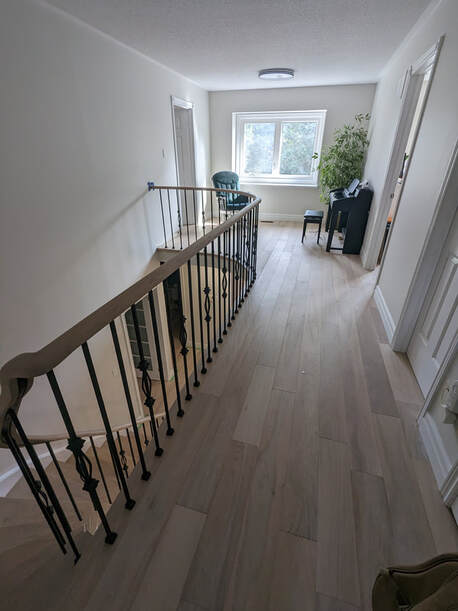 Elegant engineered hardwood flooring by Parqueteam Hardwood Flooring in a Toronto home. Elegant engineered hardwood flooring by Parqueteam Hardwood Flooring in a Toronto home. Engineered hardwood flooring has steadily risen in popularity among Toronto homeowners, and for good reasons. Unlike traditional hardwood, engineered hardwood is crafted with multiple layers, making it more stable, versatile, and often more affordable. Its unique construction allows it to withstand Toronto's varying climate, from humid summers to cold winters, without compromising on aesthetics or durability. Understanding The Costs of Installing Engineered Hardwood FloorsWhen considering engineered hardwood flooring, one of the primary concerns for homeowners is the cost. Several factors can influence the price:
Benefits of Engineered Hardwood Floors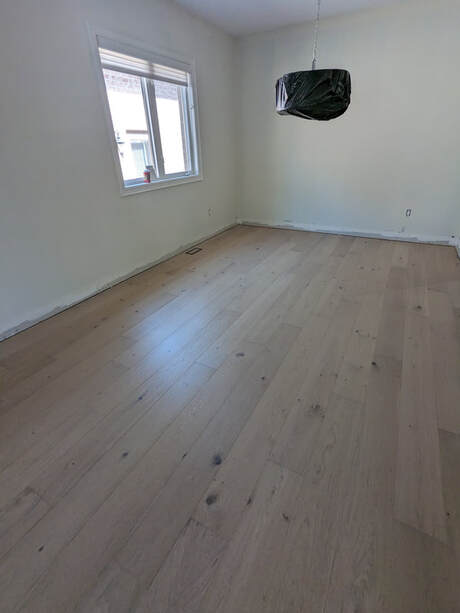 Detailed texture of engineered hardwood by Parqueteam Hardwood Flooring Detailed texture of engineered hardwood by Parqueteam Hardwood Flooring Engineered hardwood flooring isn't just a trend; it's a testament to modern flooring technology that combines the best of aesthetics and functionality. Here are some of its standout benefits:
Engineered Hardwood Floors vs. Solid Hardwood FloorsThe debate between engineered and solid hardwood is age-old, with each having its proponents. Here's a breakdown to help you understand the key differences and advantages of each:
Engineered Hardwood Flooring Installation ProcessThe installation of engineered hardwood flooring is a meticulous process that ensures the longevity and aesthetics of your floor. Here's a brief overview:
Maintenance and DurabilityEngineered hardwood flooring is renowned for its durability, but like all things, it requires care to maintain its luster and longevity. Here are some maintenance tips:
Engineered hardwood flooring offers a perfect blend of beauty, durability, and versatility, making it a top choice for Toronto homeowners. Whether you're renovating an old space or designing a new one, this flooring option promises longevity and style. At Parqueteam Hardwood Flooring, we're committed to delivering quality products and impeccable service, ensuring your home radiates elegance and warmth for years to come. FAQEngineered hardwood flooring is a popular choice among Toronto homeowners, but it's natural to have questions before making an investment. Let's address some of the most frequently asked questions:
Is Herringbone Hardwood Flooring Worth It?Herringbone hardwood flooring, with its intricate patterns and rich history, has become a coveted choice for homeowners and interior designers alike. This unique flooring style, characterized by its distinct zigzag pattern, offers a blend of tradition and modernity, making it a versatile option for various home décors. But is it worth the investment? Let's delve deeper into the world of herringbone hardwood flooring and uncover its charm. The Timeless Charm of Herringbone Hardwood Flooring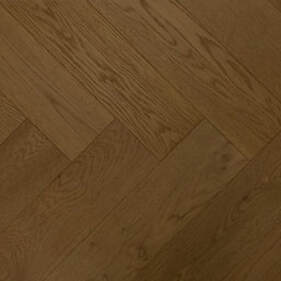 Hardwood Flooring Herringbone $9.99/square feet Hardwood Flooring Herringbone $9.99/square feet Originating from the Roman Empire, the herringbone pattern was initially used in road construction, with interlocking pavers providing a sturdy surface. The design soon found its way into the homes of the elite, symbolizing luxury and sophistication. Fast forward to today, and herringbone hardwood flooring has made a grand resurgence, becoming a staple in contemporary interior design. What sets herringbone apart from other flooring designs is its unique pattern. Each plank is laid in a manner that creates a broken zigzag, resembling the skeleton of a herring fish, from which it derives its name. This intricate design adds depth and dimension to spaces, making rooms come alive with character. Advantages of Herringbone Hardwood Flooring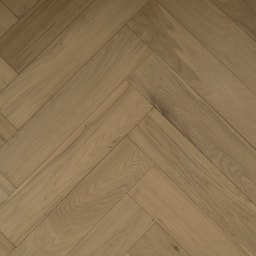 Hardwood Flooring Herringbone $9.99/square feet Hardwood Flooring Herringbone $9.99/square feet
Common Concerns and Misconceptions
Quality Indicators for Herringbone Hardwood Flooring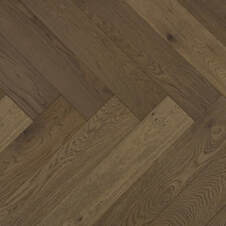 Hardwood Flooring Herringbone $9.99/square feet Hardwood Flooring Herringbone $9.99/square feet To ensure you're getting the best herringbone hardwood flooring, consider the following quality indicators:
Herringbone vs. Other Flooring Patterns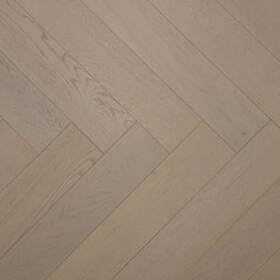 Hardwood Flooring Herringbone $9.99/square feet Hardwood Flooring Herringbone $9.99/square feet While herringbone holds its unique charm, how does it compare to other flooring patterns?
The Formality of HerringboneHerringbone, with its intricate design, often exudes a sense of formality and sophistication. But how formal is it really?
Addressing Common Concerns
Conclusion: Is Herringbone Hardwood Flooring Worth It?The decision to choose herringbone hardwood flooring ultimately boils down to personal preference and budget. Its undeniable charm, historical significance, and ability to elevate any space make it a worthy consideration for homeowners. While it might require a slightly higher investment, both in terms of material and installation, the end result is often a stunning floor that stands the test of time. For those in Toronto considering a flooring upgrade, Parqueteam Hardwood Flooring offers a range of options, including the ever-popular herringbone pattern. Whether you're leaning towards solid hardwood flooring or engineered hardwood flooring, the experts at Parqueteam can guide you through the process, ensuring a result that aligns with your vision. FAQ1. What is herringbone hardwood flooring? Herringbone hardwood flooring refers to a specific pattern of laying hardwood planks in a zigzag pattern, resembling the bones of a herring fish.
2. Is herringbone flooring more expensive than traditional patterns? Due to its intricate pattern and the precision required for installation, herringbone flooring can be more costly than standard plank layouts. 3. Does herringbone flooring add value to my home? Herringbone flooring, with its timeless appeal and luxurious look, can potentially increase the value of a home and make it more attractive to potential buyers. 4. How do I maintain my herringbone hardwood floor? Maintenance for herringbone is similar to other hardwood floors. Regular sweeping, occasional mopping with a damp cloth, and avoiding excessive moisture will keep it looking pristine. 5. Can I install herringbone flooring in any room? Yes, herringbone flooring can be installed in any room, from living areas to bedrooms. However, for areas with high moisture, like bathrooms, it's essential to choose a suitable finish and ensure proper installation. 6. Is herringbone pattern trendy or timeless? While the herringbone pattern has become increasingly popular in recent years, its historical roots make it a timeless choice that never goes out of style. 7. What type of wood is best for herringbone flooring? Herringbone flooring can be crafted from various wood types, including oak, maple, and walnut. The choice depends on personal preference, budget, and desired aesthetics. 8. Where can I get herringbone hardwood flooring in Toronto? Parqueteam Hardwood Flooring offers a wide range of herringbone hardwood flooring options suitable for various preferences and budgets. What is the Best Thickness for Engineered Hardwood Flooring?Choosing the right flooring for your home is a significant decision. It affects not only the aesthetics of your space but also its functionality and comfort. Among the myriad of flooring options available, engineered hardwood stands out for its blend of beauty, durability, and versatility. But with choices come questions: How thick should your engineered hardwood be? Does thickness impact the floor's performance? This article delves into the world of engineered hardwood flooring, answering these questions and more, ensuring you make an informed decision for your Toronto home. Understanding Engineered Hardwood Flooring: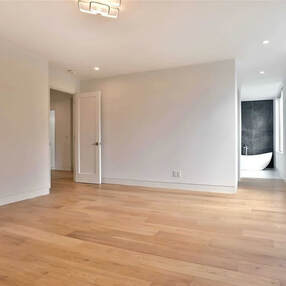 Engineered wood flooring toronto Engineered wood flooring toronto At its core, engineered hardwood flooring is a marvel of construction and design. Unlike solid hardwood, which is milled from a single piece of timber, engineered hardwood is composed of multiple layers. The top layer, known as the veneer, is a thin slice of real hardwood. This is what gives the flooring its natural and elegant appearance. Beneath this veneer are several layers of high-density fiberboard or plywood, providing stability and resistance to moisture. What sets engineered hardwood apart is its adaptability. It can be installed in areas where solid hardwood might not be suitable, such as basements or over radiant heating systems. The multi-layered construction offers resistance to changes in temperature and humidity, reducing the risk of warping or buckling. But not all engineered hardwood is created equal. The thickness of the veneer and the overall plank can vary, influencing the floor's durability and lifespan. To truly appreciate the importance of thickness in engineered hardwood, one must delve deeper into its implications for performance and longevity. For a more comprehensive understanding of engineered hardwood and its varieties, explore our detailed guide on Engineered Hardwood Flooring. The Significance of Thickness in Engineered HardwoodWhen it comes to engineered hardwood, thickness plays a pivotal role in determining the floor's durability and resilience. A thicker veneer layer allows for more frequent refinishing, extending the life of the floor. On the other hand, a thinner veneer might not support refinishing, making it essential to protect the floor from scratches and dents.
Benefits of Opting for a Thicker Engineered HardwoodChoosing a thicker engineered hardwood floor comes with a slew of advantages:
The Core of Engineered Hardwood: What Makes It SpecialThe core of engineered hardwood is what sets it apart from its solid counterpart. Comprising multiple layers of wood or plywood, this core imparts stability and resistance to the flooring. The quality of these layers plays a crucial role in determining the floor's overall performance.
Addressing Common QueriesLet's tackle some of the frequently asked questions about engineered hardwood thickness:
Disadvantages of Engineered Wood Flooring: A Balanced ViewWhile engineered hardwood offers numerous benefits, it's essential to consider its potential drawbacks:
Making the Right Choice: Factors to ConsiderChoosing the perfect engineered hardwood flooring involves considering several factors:
The Verdict: Is Thicker Always Better?When it comes to engineered hardwood flooring, thickness does play a pivotal role, but it's not the only factor to consider. A thicker veneer offers more refinishing opportunities, which can be a boon for homeowners looking for longevity. However, the core's quality, the type of adhesive used, and the installation method are equally, if not more, crucial. For instance, a thicker floor with a subpar core might not perform as well as a thinner floor with a high-quality core. Similarly, a well-installed thinner floor can outlast a poorly installed thicker one. It's all about striking the right balance and understanding the specific needs of your space. Engineered hardwood flooring offers a blend of beauty, durability, and versatility. While its thickness is an essential factor, it's just one piece of the puzzle. Toronto homeowners should consider all aspects, from core quality to installation methods, to make an informed decision. At Parqueteam hardwood Flooring, we pride ourselves on guiding our clients through every step, ensuring they choose the perfect flooring solution tailored to their needs. Whether you're leaning towards a solid hardwood floor or exploring laminate options, our team is here to help you navigate the world of flooring with confidence. FAQ1. What is engineered hardwood flooring? Engineered hardwood flooring consists of a real wood veneer on top and multiple layers of plywood or high-density fiberboard beneath. This structure provides added durability and stability compared to solid wood.
2. How does thickness affect the durability of engineered hardwood? Thicker floors generally offer better durability. They can withstand wear and tear more effectively and are less prone to denting from heavy furniture. 3. How important is the veneer thickness in engineered hardwood? The veneer's thickness is crucial for the floor's longevity. A thicker veneer allows the floor to be sanded and refinished multiple times, extending its life. 4. What is a good veneer thickness for engineered hardwood? A veneer that's at least 2mm thick is considered ideal for most residential settings, allowing for potential sanding and refinishing. 5. How does the core quality impact the floor's performance? A high-quality core, like plywood, ensures the floor remains stable over time, reducing the chances of warping or bowing. 6. Is a 3/8 inch engineered wood flooring recommended? 3/8 inch thickness engineered hardwood floor is a decent floor to have, and also can be cheaper option if budget is tight, but keep in mind the limitations of this thickness and long term durability of it, as most likely you won't be able to refinish this floor in the future due to it being very thin. 7. Does thickness play a role in sound insulation, especially in condos? Yes, thicker engineered hardwood floors can offer better sound insulation, making them a preferred choice in multi-story buildings or condos. 8. How can I determine the quality of engineered hardwood? Look for factors like a thicker veneer, a high-quality core material, and reviews or recommendations from a reputable manufacturer. 9. Is thicker engineered hardwood always the better choice? While thickness is essential, other factors like core quality, adhesive type, and installation method also play crucial roles in the floor's overall performance. 10. Where can I get expert advice on choosing the right engineered hardwood for my home in Toronto? Parqueteam Hardwood Flooring offers comprehensive guidance to Toronto homeowners, ensuring they select the best flooring solution for their specific needs. |
Parqueteam Hardwood FlooringHardwood Flooring Toronto and The Greater Toronto Area. Archives
December 2023
Categories
All
|
Areas We Produly Serving... |
|


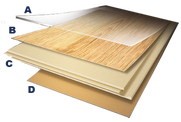
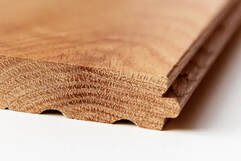

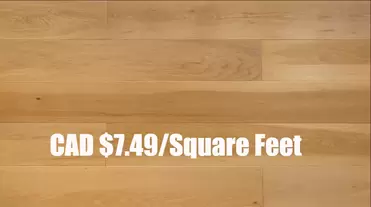
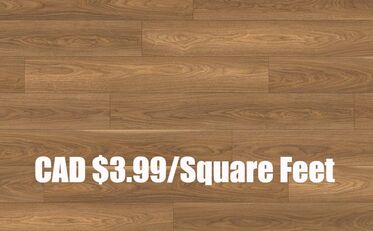
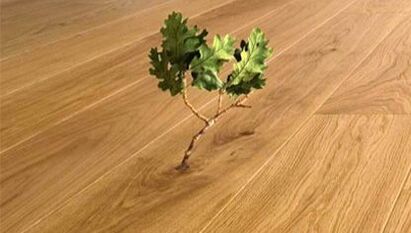
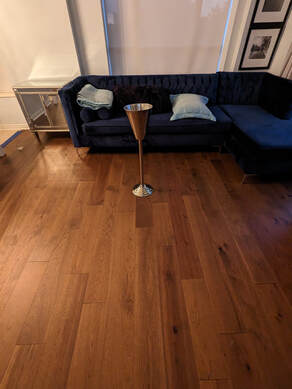
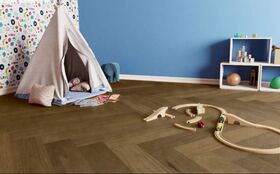
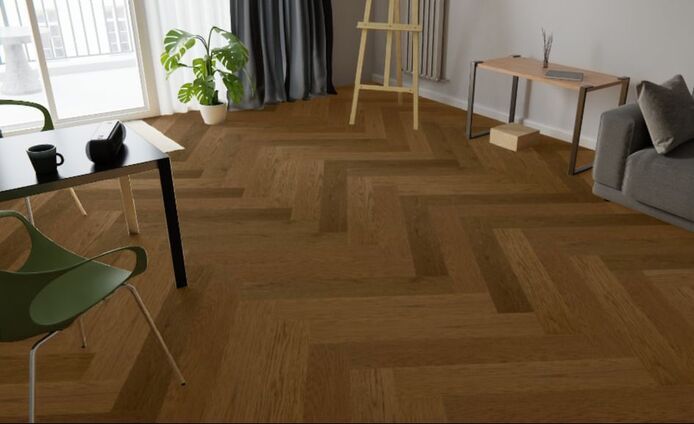
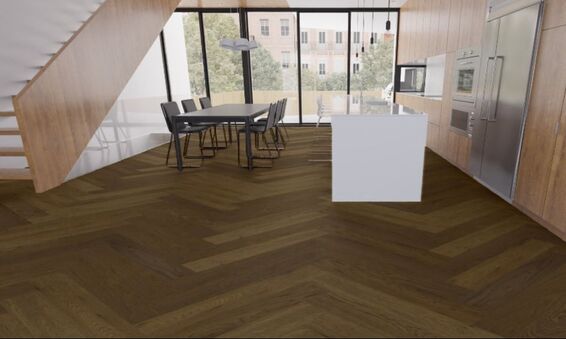
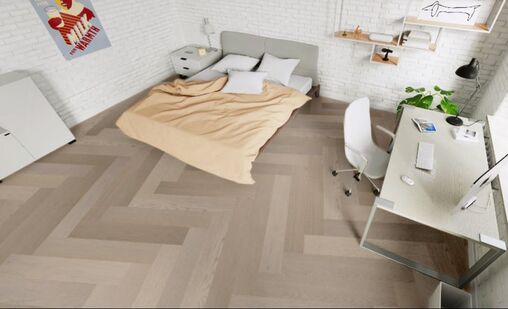


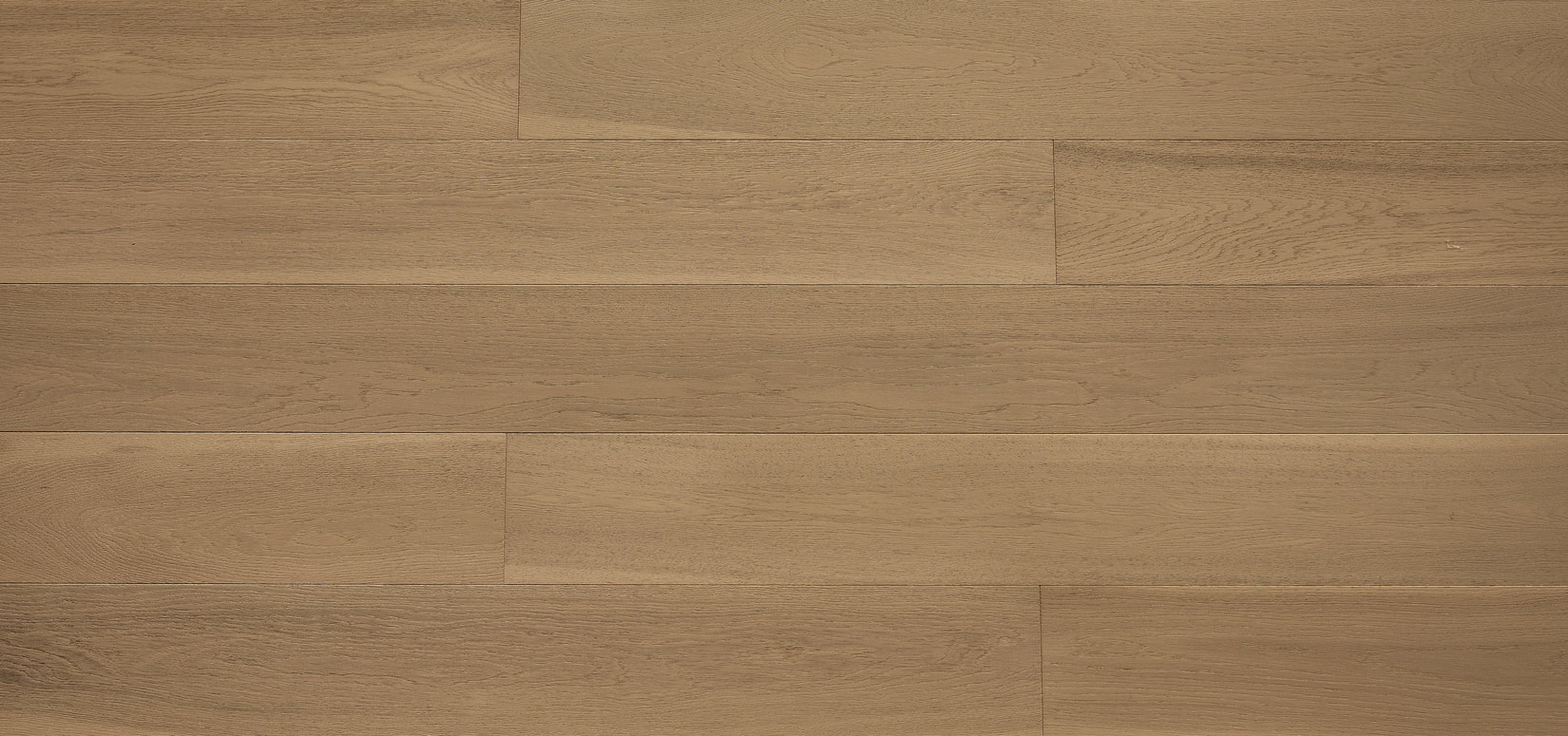
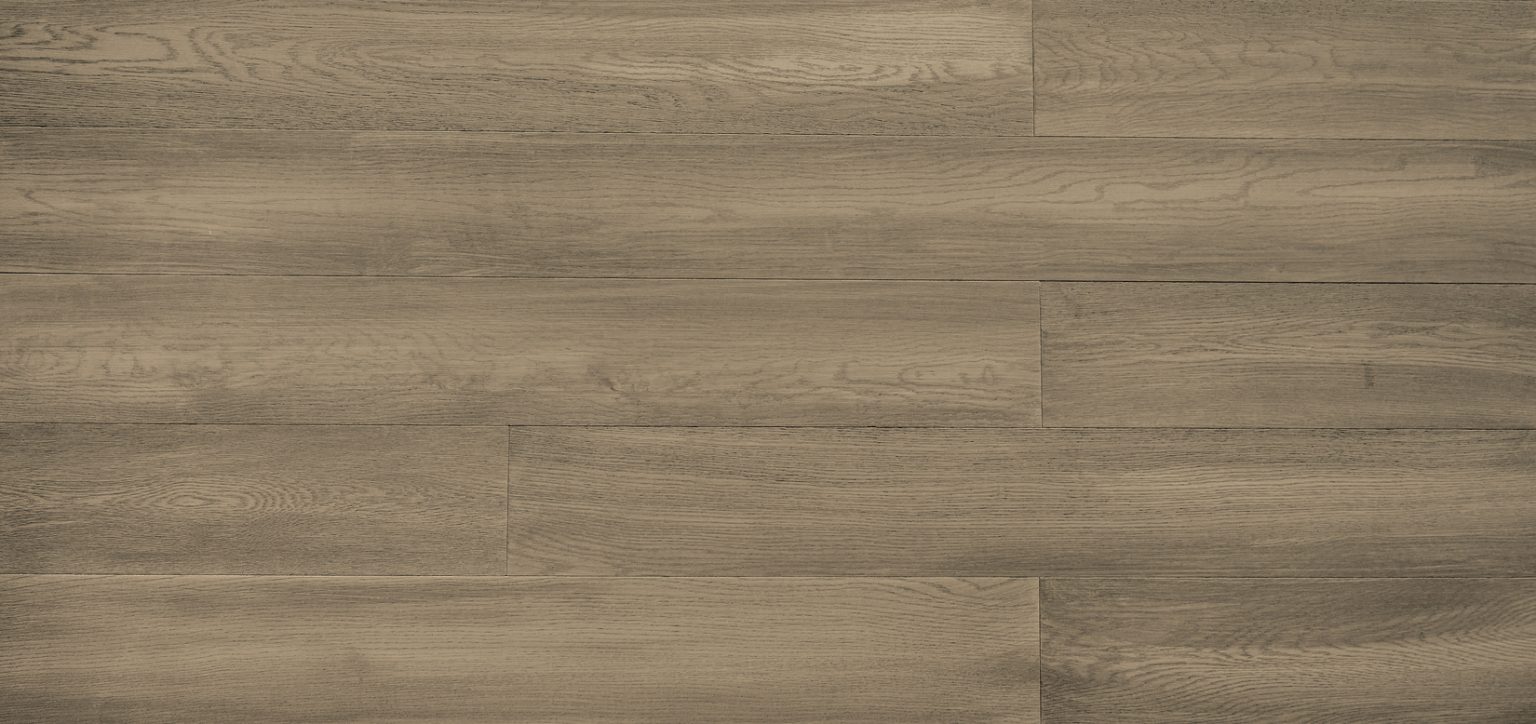
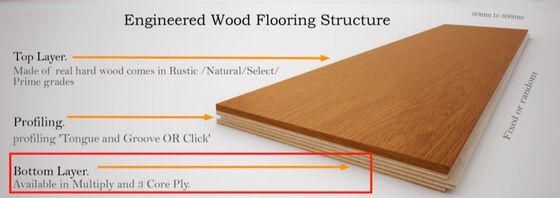
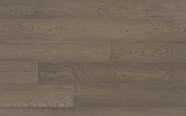
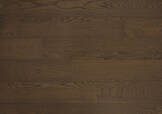
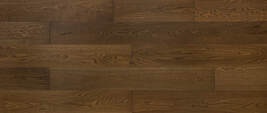
 RSS Feed
RSS Feed

